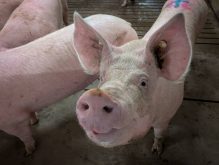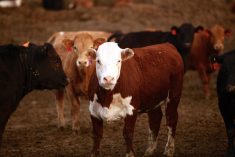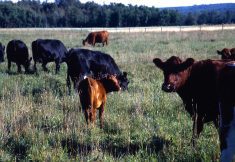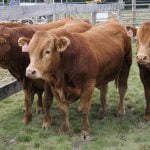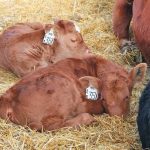Seoul | Reuters –– South Korea has halted imports of Canadian beef after Canada on Friday confirmed its first case of mad cow disease since 2011, the South Korean agriculture ministry said.
South Korea was seeking more information about the outbreak and discussing public safety with relevant authorities, the ministry said in a statement.
The country had only reopened its ports to Canadian beef in 2012; the Canadian product was banned in 2003 after Canada found its first domestic case of BSE.
South Korea imported a total of 281,500 tonnes of beef last year, most of it from Australia, the U.S. and New Zealand. Of the total, it imported only 2,800 tonnes, or one per cent, from Canada, according to ministry data.
Read Also
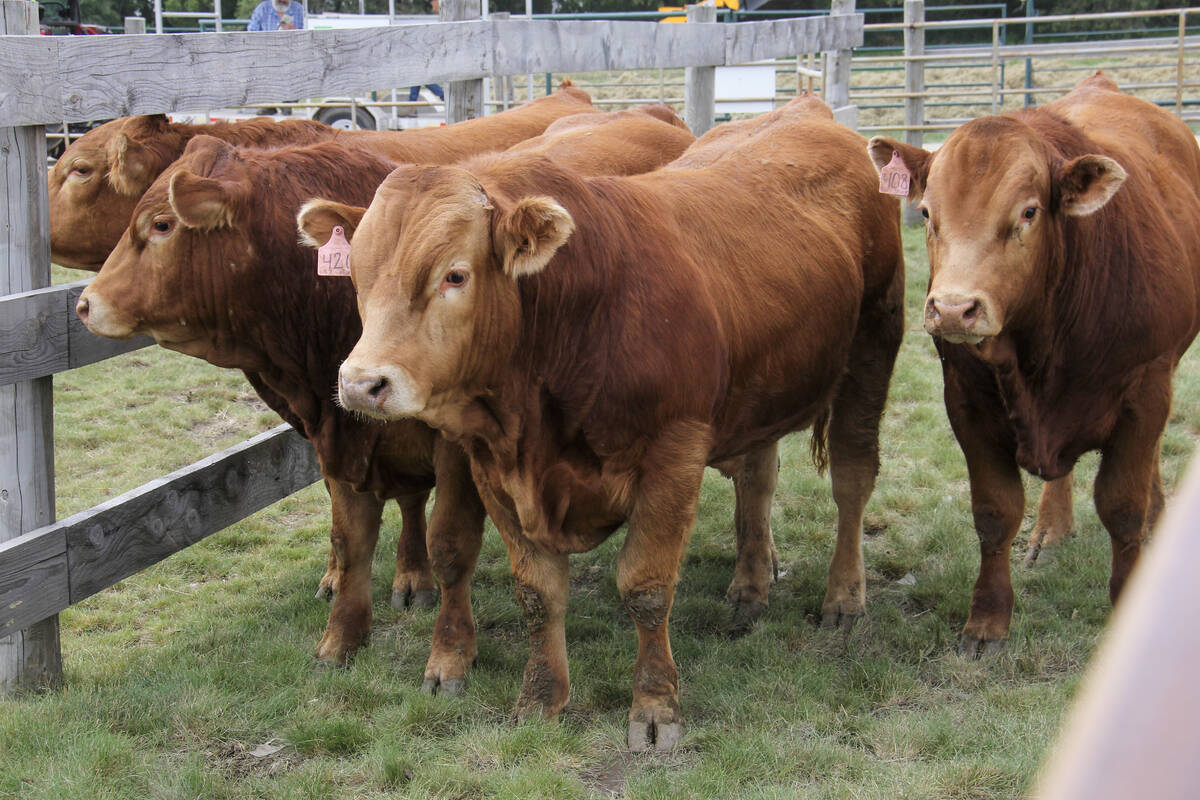
Canadian cattle herd sees first annual increase since 2018
The Canadian cattle herd was larger on January 1 than it was one year prior — the first year-over-year increase since 2018, Statistics Canada reported on Friday. Hog inventories were down. Sheep and lamb inventories rose.
The Canadian Food Inspection Agency said no part of the infected animal, a beef cow from Alberta, had reached the human food or animal feed systems.
Bovine spongiform encephalopathy (BSE) is a progressive, fatal neurological disease. It is thought that the disease can be transmitted to people from food made from cows sick with BSE.
— Reporting for Reuters by Meeyoung Cho in Seoul.




